9 Amazing Books About Environmental Racism
These books about environmental racism will give you an important look into the systemic environmental injustices against marginalized communities in the U.S.
Updated Aug. 18 2020, 2:25 p.m. ET
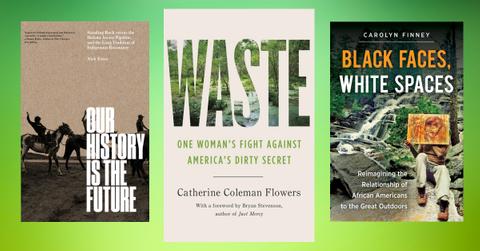
Environmental justice and racial justice are inextricably linked. Environmental injustices that run rampant in the U.S. — from pollution to food oppression to insufficient responses to natural disasters — disproportionately impact communities of color. And that’s no accident. The U.S. was built on numerous racist systems, and it’s up to our generation to fight these injustices by speaking up for oppressed communities and for our planet.
One of the most important parts of activism is education. There is so much to learn about the ways environmental racism hurts communities of color in this country, including Black communities, Latinx communities, and Indigenous communities. So, we’ve rounded up a list of books about environmental racism to get you started.
Read on for nine books about the links between climate and racial injustice.
“Black Faces, White Spaces” by Carolyn Finney
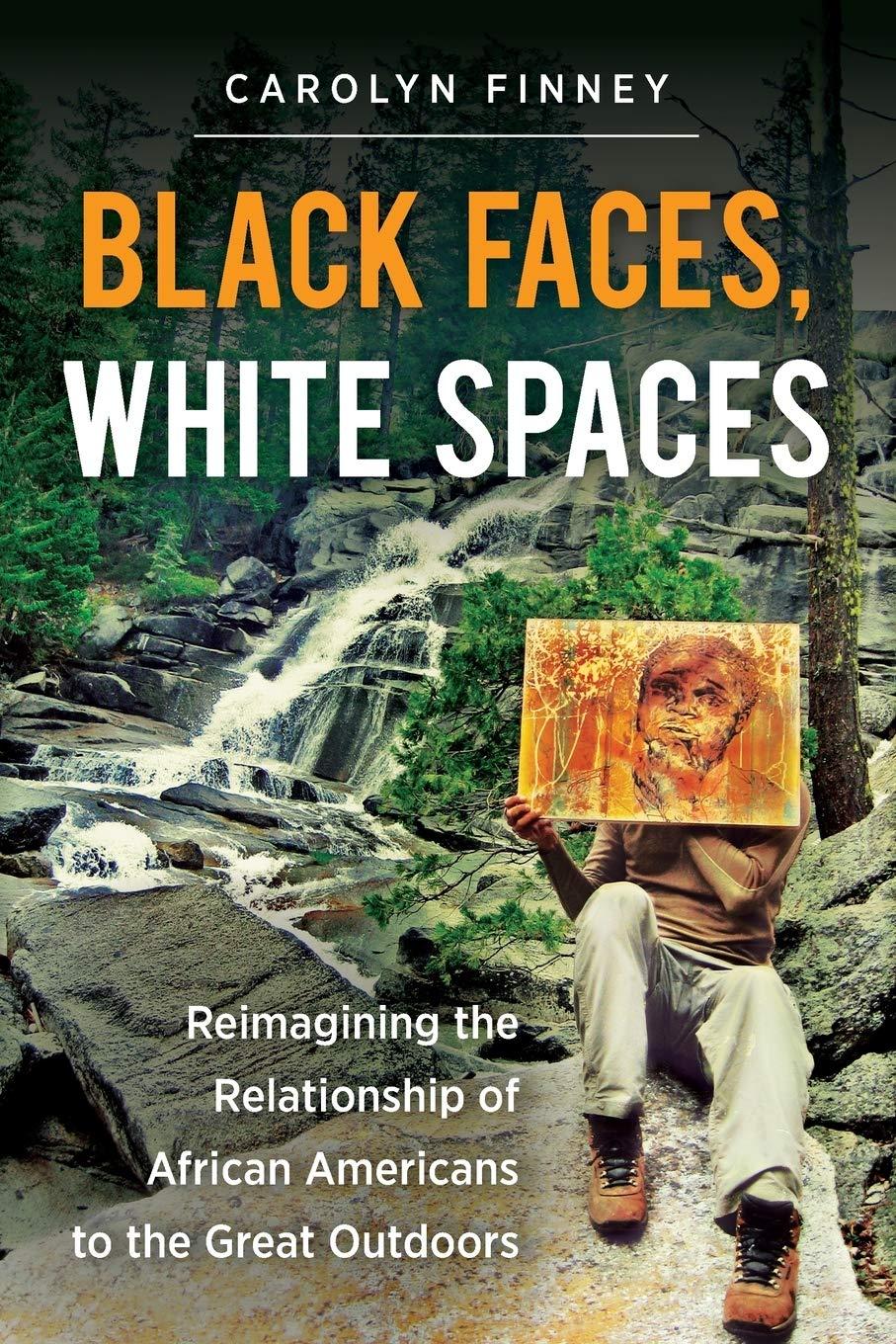
Black Faces, White Spaces: Reimagining the Relationship of African Americans to the Great Outdoors by Carolyn Finney, PhD uses the environmental justice movement as a lens to explore why environmental, nature, and outdoor spaces under-represent Black Americans. Specifically, the book reflects on how racist systems in the U.S., such as slavery, Jim Crow laws, and violence against the Black community have determined ownership over nature.
“Unequal Protection” by Dr. Robert Bullard
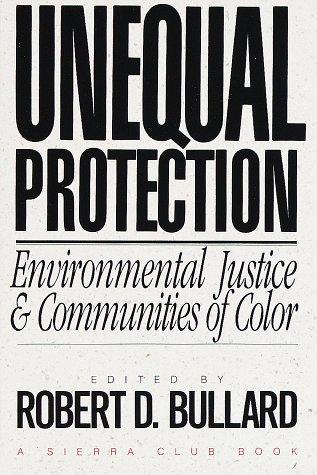
Written by scientist Dr. Robert Bullard back in 1997, Unequal Protection: Environmental Justice and Communities of Color talks about the ways lawmakers racially discriminate when creating environmental policies, how environmental protection laws are unfairly regulated, and how pollution excessively impacts communities of color.
“Clean and White” by Carl A. Zimring
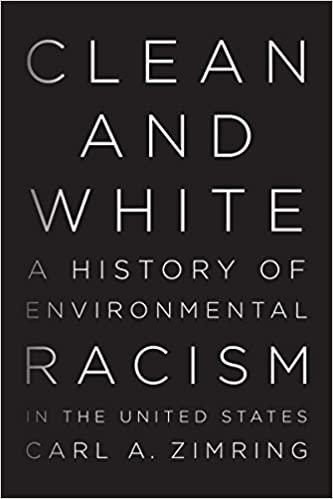
Carl A. Zimring’s Clean and White: A History of Environmental Racism in the United States analyzes the ways environmental racism has permeated society in the U.S. ever since it was founded. In the book, Zimring discusses the country’s history of a connection between waste and socially marginalized groups, the notion that in the U.S., white people have historically been seen as “clean” and people of color have been seen as “dirty,” and the ways in which it all perpetuates racism.
“Race, Place & the Environment After Hurricane Katrina” by Dr. Robert Bullard and Dr. Beverly Wright
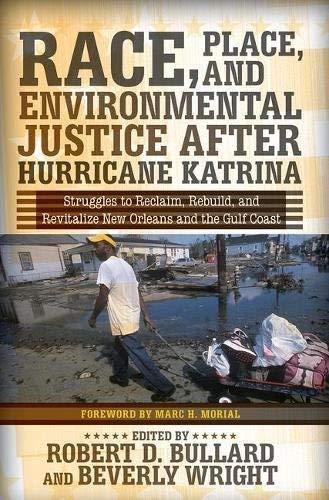
In Race, Place & the Environment After Hurricane Katrina, Dr. Bullard and Dr. Beverly Wright, the founder and executive director of the Deep South Center for Environmental Justice, investigate the disappointing emergency response to Hurricane Katrina in New Orleans — and how racial discrimination played into that. They also look at these issues on a larger scale, exploring why natural and manmade disasters disproportionately affect vulnerable communities.
“A Terrible Thing to Waste” by Harriet A. Washington
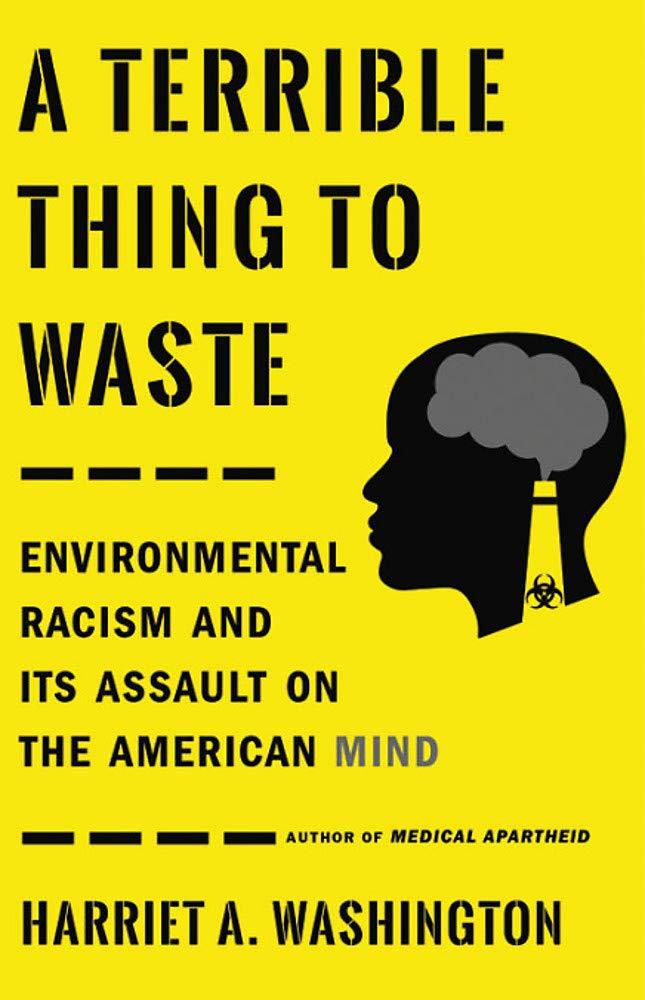
In A Terrible Thing to Waste: Environmental Racism and Its Assault on the American Mind, science writer Harriet A. Washington illustrates the ways environmental racism hurts African Americans. But in addition to sharing the facts, Washington explains to readers what they can do to combat environmental racism’s impacts on Black communities.
“Waste: One Woman’s Fight Against America’s Dirty Secret” by Catherine Coleman Flowers
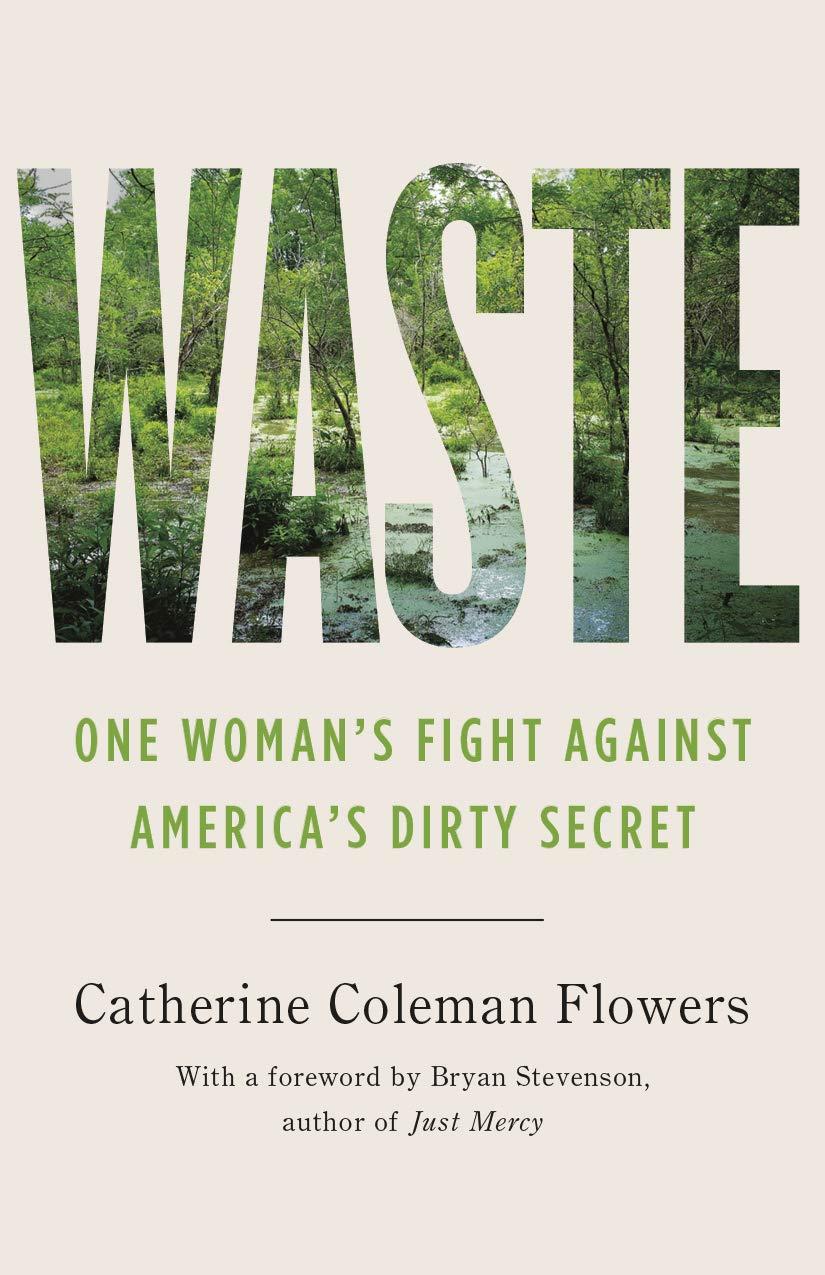
Catherine Coleman Flowers, founder of CREEJ and ACRE, is set to release Waste: One Woman’s Fight Against America’s Dirty Secret on November 17, 2020. In the book, Flowers explores why so many rural low-income communities across the U.S. do not have access to basic sanitation, and she explains how systemic racism and prejudice hurt vulnerable communities in areas all over the country.
“From the Ground Up” by Luke W. Cole and Sheila R. Foster
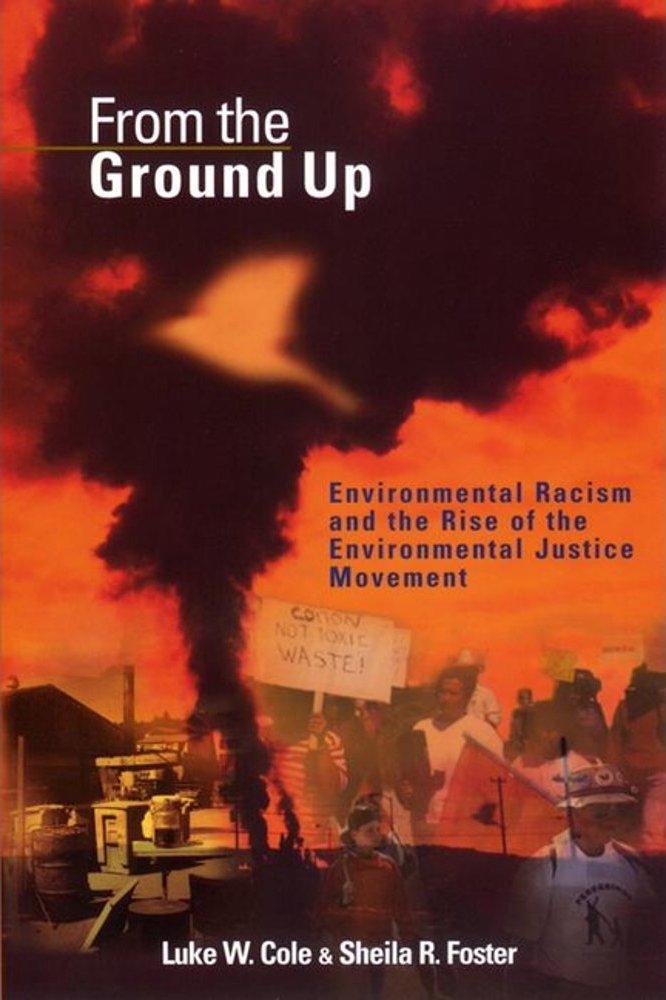
In From the Ground Up: Environmental Racism and the Rise of the Environmental Justice Movement, Luke W. Cole and Sheila R. Foster delve into the movement for environmental justice. They investigate why environmental injustice is such a pressing issue for so many communities, the corporations behind the pollution perpetuating this injustice, the activists who have been fighting for environmental justice for decades, and what they have achieved.
“Cultivating Food Justice” by Alison Hope Alkon and Julian Agyeman
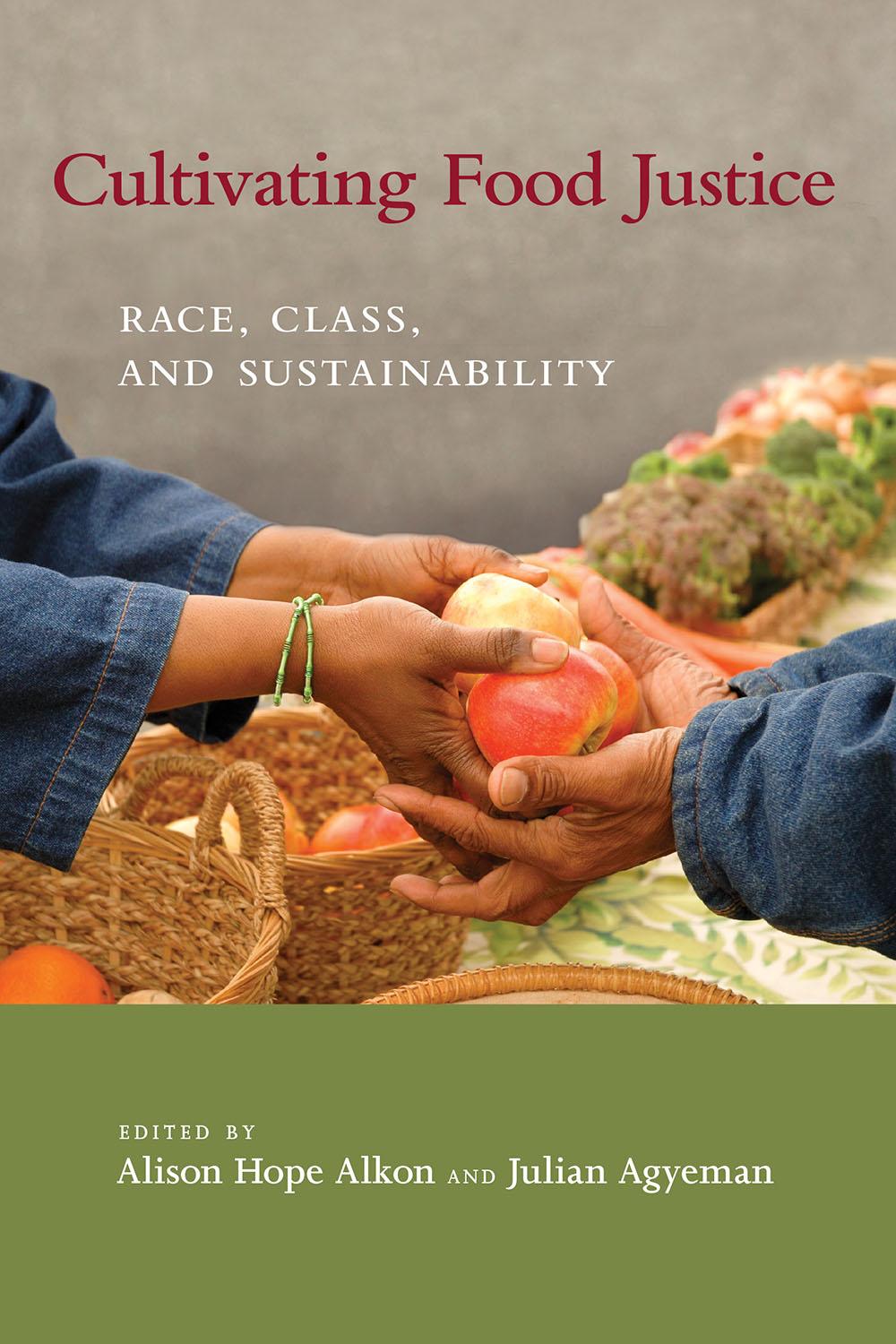
Cultivating Food Justice: Race, Class, and Sustainability by professors Alison Hope Alkon and Julian Agyeman explores the dissonance between the movement to buy locally-grown fresh produce and the lack of access to said produce in low-income communities of color. The prevalence of fast food restaurants over farmers markets in these areas, often referred to as “food deserts” (however, many have criticized that term — Food Empowerment Project prefers to say food apartheid or food oppression) is no accident, but rather a form of environmental racism in the food system, the authors argue. They also discuss ideas for achieving a sustainable and equitable food system.
“Our History Is the Future” by Nick Estes
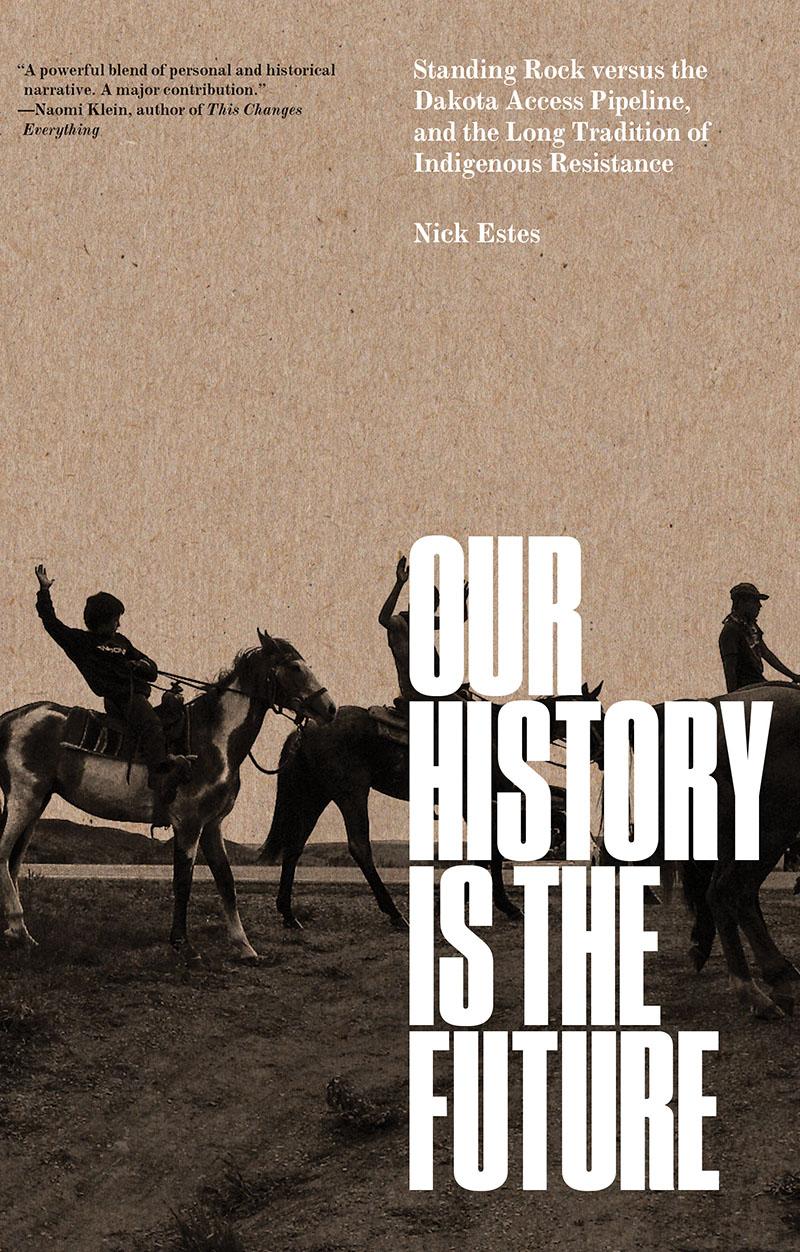
Our History Is the Future: Standing Rock Versus the Dakota Access Pipeline, and the Long Tradition of Indigenous Resistance is written by professor Nick Estes, a citizen of the Lower Brule Sioux Tribe. The book is an account of the Indigenous-led movement against the controversial Dakota Access Pipeline, which transports oil underneath sacred Indigenous lands including the Standing Rock Sioux Tribe Reservation. Estes puts the current movement into the historical context of the past two centuries of Indigenous activism in the U.S., exploring how years and years of resistance led to the #NoDAPL movement we know today.
If you plan to read any of these books, please consider ordering them from an independent or Black-owned bookstore — check out our list of Black-owned bookstores delivering in the U.S.
If you are looking for ways to donate your time or money to Black Lives Matter and other antiracist organizations, we have created a list of resources to get you started.